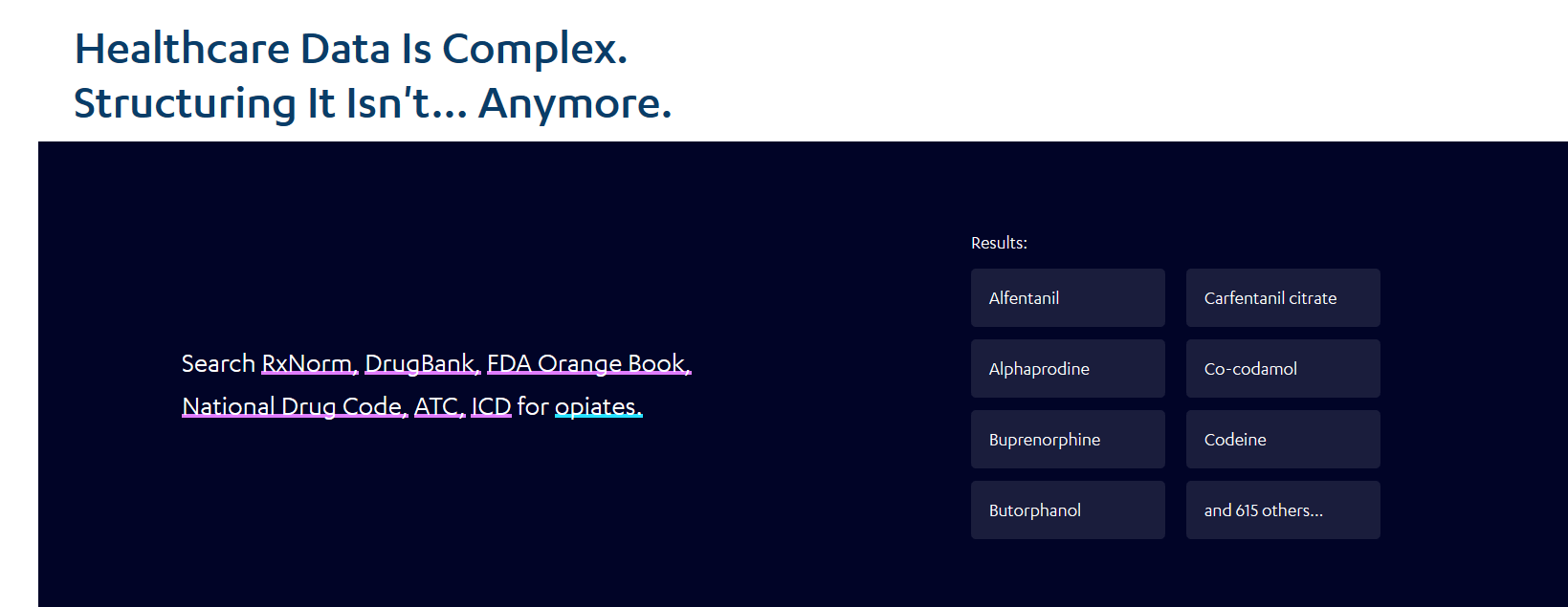
Lexigram, a Redwood City, CA-based clinical data intelligence company has raised $2 million in seed funding led by Storm Ventures and including RTA Ventures and the Stanford-StartX Fund. The digital health startup plans to utilize the seed funding to further mature the company’s self-service and on-demand natural language processing (NLP) and machine learning analytics platform.
As patients, we imagine that our medical data is readily available to all of our doctors, but that couldn’t be farther from the truth. EHRs are filled with unstructured data like doctor’s notes, copies of faxes, and huge PDF documents. And that is the core issue with medical data: as much as 80% is unstructured. As you can imagine, it’s very difficult to search through.
Lexigram is a clinical data intelligence company that applies natural language processing and machine learning to transform that unstructured medical data into structured data that can be used to power actionable insights. All of Lexigram’s technology is built on top of our proprietary knowledge graph that surfaces clinicial entities such as drugs, diseases, symptoms and allows you to explore their dynamic relationships.
Healthcare organizations can transform all of the structured and unstructured information in patient records into actionable data that is also easily accessible. Customers have the ability to index their data and write queries using our technology to answer the questions they need.
The company’s founders spent a collective of fifteen years working with clinical data as software engineers and data scientists at the Stanford Center for Biomedical Informatics Research including a project called BioPortal, which is the largest library of terminologies used in medicine. The project’s APIs regularly receive 100 million plus requests per month.
“Our work there made us appreciate just how rich and complex medical data is, and how so much of it is locked away in the EHR. The thought that the data hidden away there may be the key to improving patient care drove us to apply our expertise to tackle the informatics problems facing medicine. I am proud to say that we have assembled the team to accomplish these goals,” said Paul Alexander, CEO and Founder of Lexigram in a statement.
“We have been servicing customers ever since the company was founded over a year ago, which is fairly unique in the startup space, and is a testament to the problems facing healthcare analytics. Our customers span the healthcare spectrum, from payers, providers, startups, to established institutions,” Alexander added.
